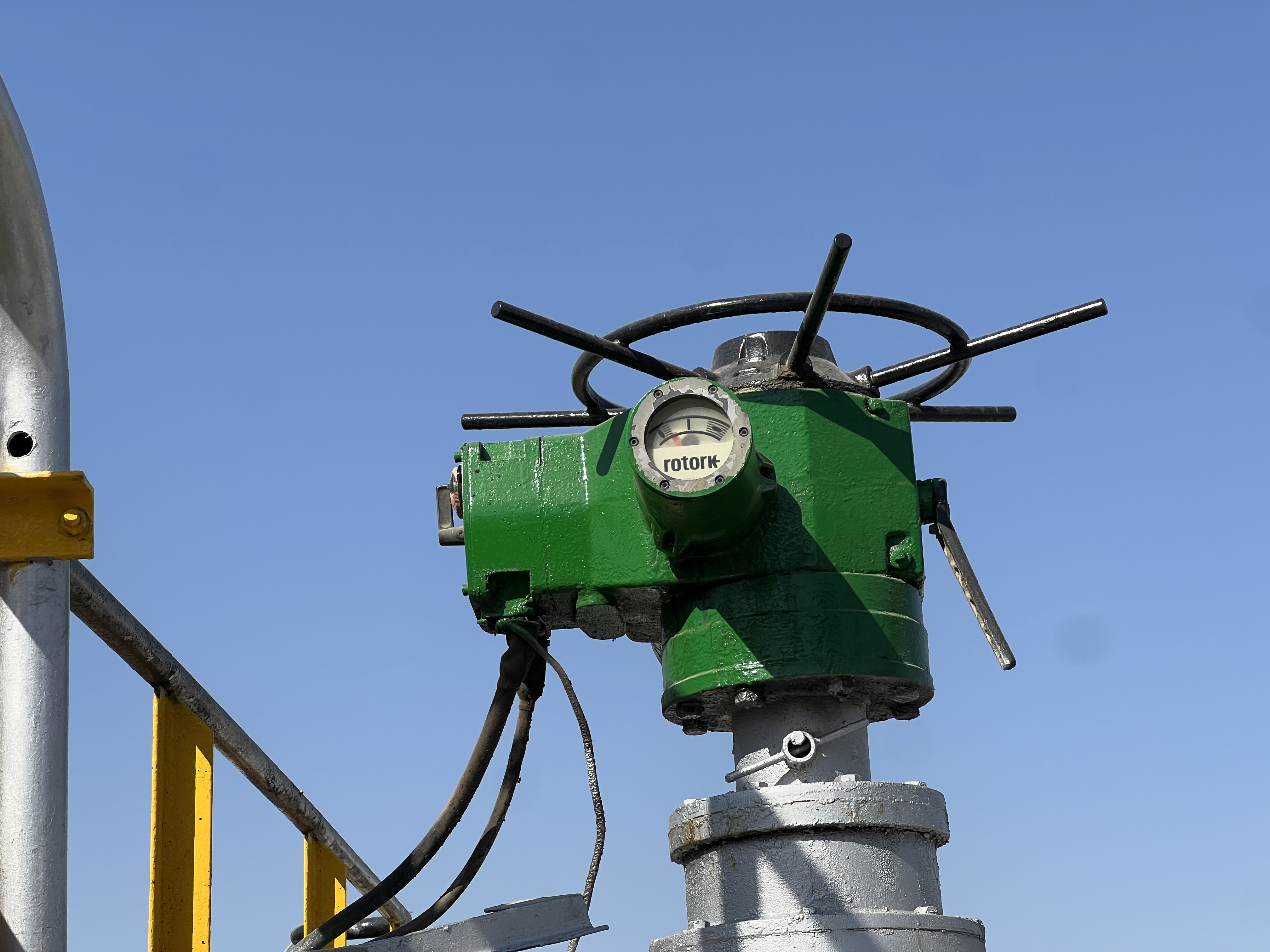
Tara Shwan
Writer
Restarting Iraqi Kurdistan Oil Exports: A Vital Step Toward Regional Stability and Cooperation
Ultimately, restarting oil exports is more than the turning of valves. It is an opportunity to build a more constructive and equitable framework for resource sharing—one that honors the rights and responsibilities of all stakeholders within Iraq.

By Tara Shwan
Executive Director, American-Kurdish Economic Institute (AKEI)
After over two years of suspension, oil exports from the Kurdistan Region resumed this past Saturday at 6:00 a.m., following a breakthrough agreement between the Kurdistan Regional Government (KRG), the Iraqi federal government in Baghdad, and major international oil companies.
This development is not just about economics. It represents a critical moment of cooperation in a region where energy, politics, and sovereignty are deeply intertwined.
The halt in Kurdistan oil exports followed a March 2023 ruling by the International Chamber of Commerce (ICC), an international arbitration body, which ordered Turkey to pay Iraq $1.5 billion over unauthorized oil exports. Since then, the flow of oil through the Kirkuk-Ceyhan pipeline has been frozen, causing significant revenue losses, affecting the livelihoods of millions, and straining the KRG’s already limited financial autonomy.
Under the new agreement, approximately 240,000 barrels per day will be exported—180,000 to 190,000 barrels targeted for international markets, while 50,000 barrels are reserved for local consumption within the Kurdistan Region. Oversight will fall under SOMO, Iraq’s state oil marketer, signaling a coordinated mechanism between Erbil and Baghdad.
While this marks a significant diplomatic and economic step forward, challenges remain. Norwegian company DNO ASA, one of the region’s prominent oil producers, has declined to participate in the new export arrangement, citing unresolved financial concerns. Their decision to continue selling directly to the KRG on a cash basis highlights persistent tensions in oil revenue-sharing and contract enforcement.
Despite this, the broader agreement is a move in the right direction. It reflects a willingness among all parties to return to the table and prioritize stability, legal clarity, and mutual benefit. For the Kurdistan Region, the resumption of oil exports offers a chance to stabilize its economy, strengthen its regional standing, and re-engage with the international energy market.
The importance of this moment should not be underestimated. The oil sector has long been both a pillar of Kurdish economic survival and a point of contention with Baghdad. Every step toward transparent, cooperative energy management contributes not only to economic progress but also to political normalization between the KRG and the federal government.
If sustained, this cooperation could pave the way for deeper political reconciliation and economic integration within Iraq. Moreover, in the context of volatile global energy markets, such stability in Kurdish oil exports can positively influence regional energy security and investor confidence.
Ultimately, restarting oil exports is more than the turning of valves. It is an opportunity to build a more constructive and equitable framework for resource sharing—one that honors the rights and responsibilities of all stakeholders within Iraq.
The hope now is that this spirit of cooperation can extend beyond the oil fields and into broader political and economic engagement.
⸻
Tara Shwan is the Executive Director of the American-Kurdish Economic Institute (AKEI), a policy-focused think tank specializing in economic development and strategic research in the Kurdistan Region and the broader Middle East. Her work focuses on regional economic policy, energy strategy, and governance. She also writes extensively on U.S. foreign policy, with a particular emphasis on its impact in Iraq, Kurdistan, and the wider Middle East.
The views expressed in this article are those of the author and do not necessarily reflect the editorial stance of Kurdistan24 English.